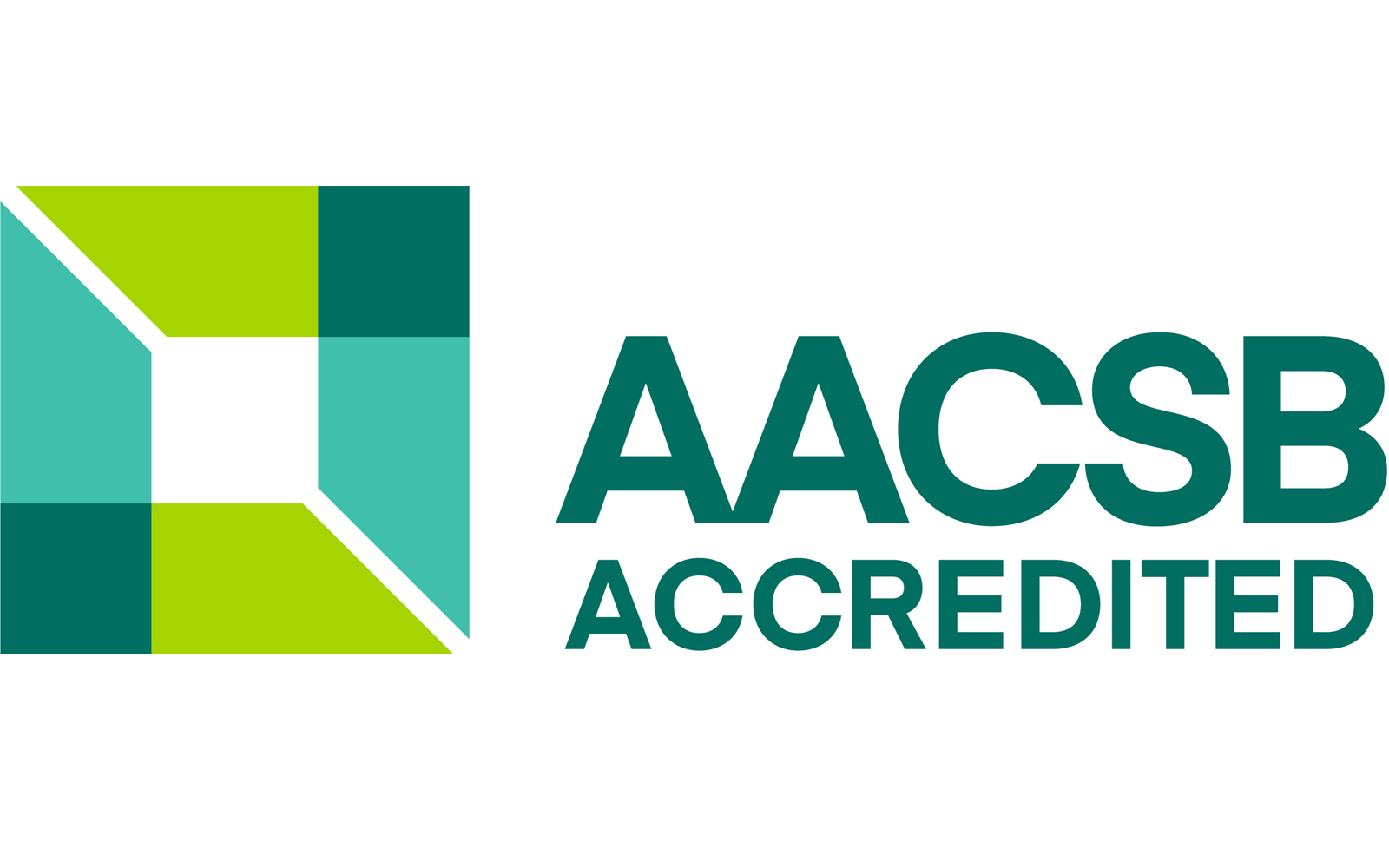Cybersecurity
Become a professional with the ability to combine business and information security knowledge.
The cybersecurity concentration trains you to understand the vulnerabilities and exploits in information systems available to cyber attackers. You will learn how to identify organizational vulnerabilities, understand threats, analyze risks and select controls to mitigate risks. You will also learn how to implement security in organizations, respond when incidents occur and design systems to prevent cyber attacks.
Sample employers include: Deloitte, EY (Ernst & Young), KPMG, and PricewaterhouseCoopers (PwC).
Entrepreneurship
The MBA concentration in entrepreneurship prepares you to think and behave like an entrepreneur, whether you wish to launch your own new venture, work in a corporation or establish a nonprofit or social venture.
You will learn how to identify and assess opportunities, write an effective business plan, set goals, implement strategies, seek venture capital and hire and manage employees as a new business grows.
At UAlbany, you can get involved with Blackstone Launchpad, the start-up incubator Innovate 518 (a partnership between the University at Albany, Rensselaer Polytechnic Institute and the Center for Economic Growth), and the Small Enterprise Economic Development (SEED) program.
Finance
Learn how to apply financial concepts to manage investment portfolios and analyze and assess the value of alternative investments in commodities, hedge funds, private equity, real assets and structured products.
With a concentration in finance, you have the option to complete a resume-building internship along with the required finance research thesis.
Human Resource Information Systems
UAlbany offers the only human resource information systems concentration in the nation that is dually accredited by both the Society for Human Resource Management (SHRM) and AACSB.
This concentration enables you to become a competent and technically skilled human resource manager and teaches you how to use technology to achieve greater business efficiency and increase workforce performance.
Topics include recruiting, selection, performance management, compensation and benefits, enterprise resource planning, cloud computing, social networking, and human resource information systems and software applications that support recruitment, benefits administration and employee management.
Sample job titles include: Employee management consultant, benefits specialist, business analyst, compensation analyst, corporate recruiter, human resource generalist and systems analyst.
Information Systems and Business Analytics
Learn how to improve business operations using application-based analytics and asset management systems, and gain skills in database design, business intelligence, data mining and big data.
Courses for this concentration cover technical aspects of database management, data visualization, and data mining, and prepare you to use information systems and analytics to support decision making, solve problems and increase business performance.
A year-long research project gives you hand-on experience managing expectations, project deadlines and quality outcomes for a real business.
Marketing
UAlbany’s marketing concentration prepares you for a leadership career in marketing, sales, communications, public relations, entrepreneurship or consulting. You will learn about current trends, business tools, and innovative research in the theory and practice of marketing management, services marketing and applied data analysis. Courses involve a mix of discussions, presentations, and project work, so that you develop a well-rounded skillset, which can be applied in real-world working environments.





